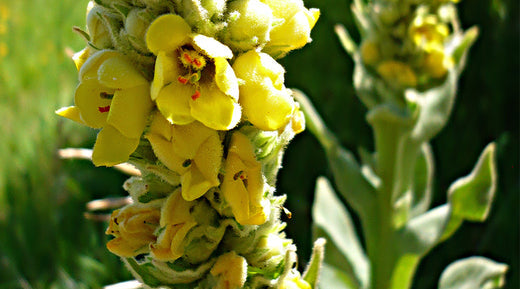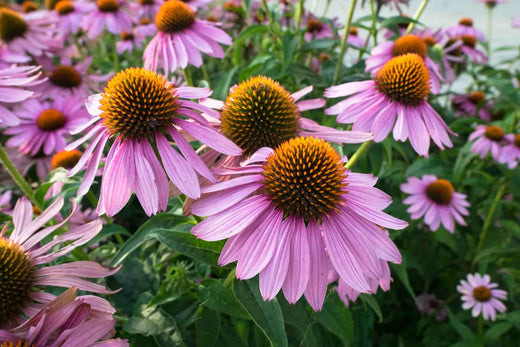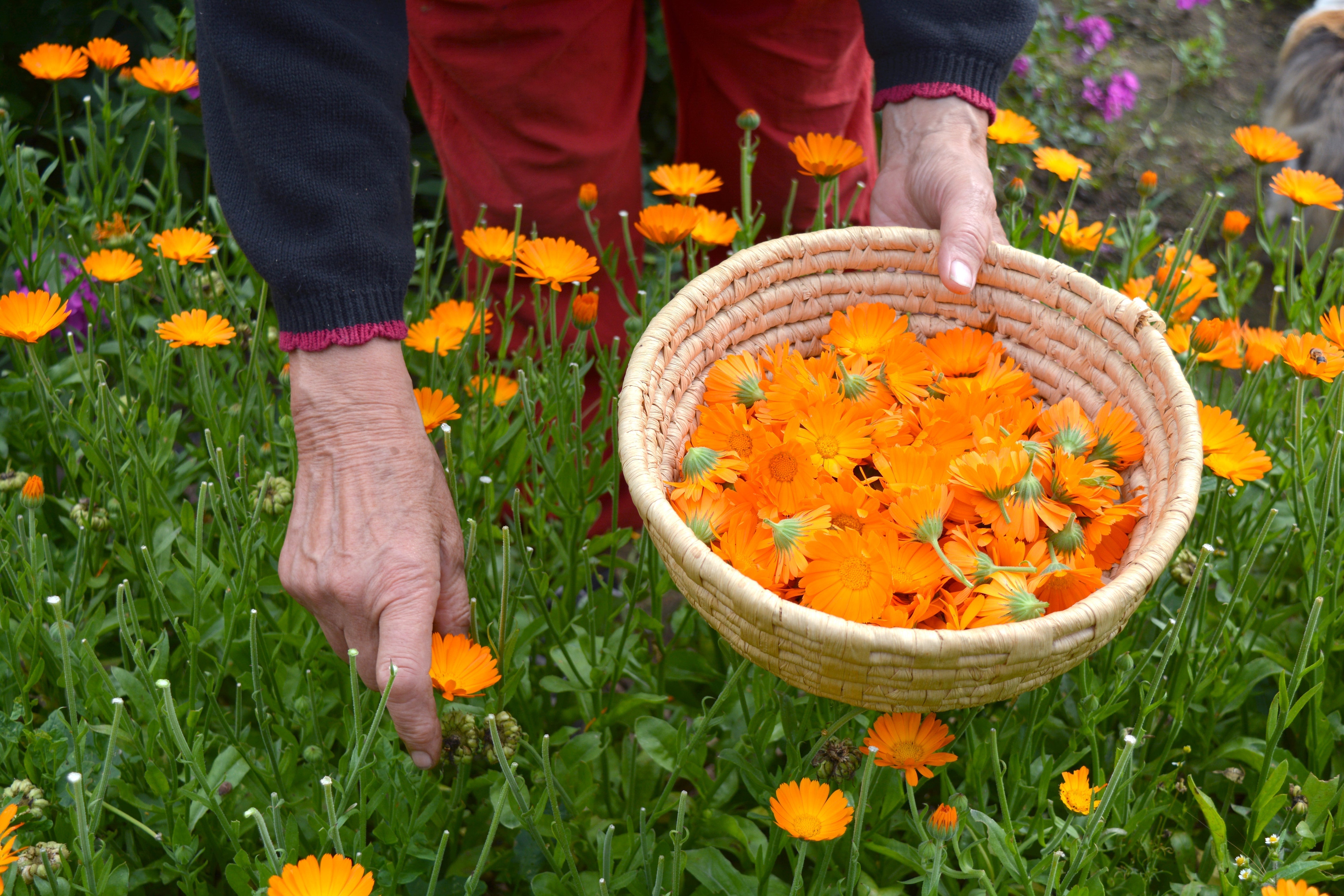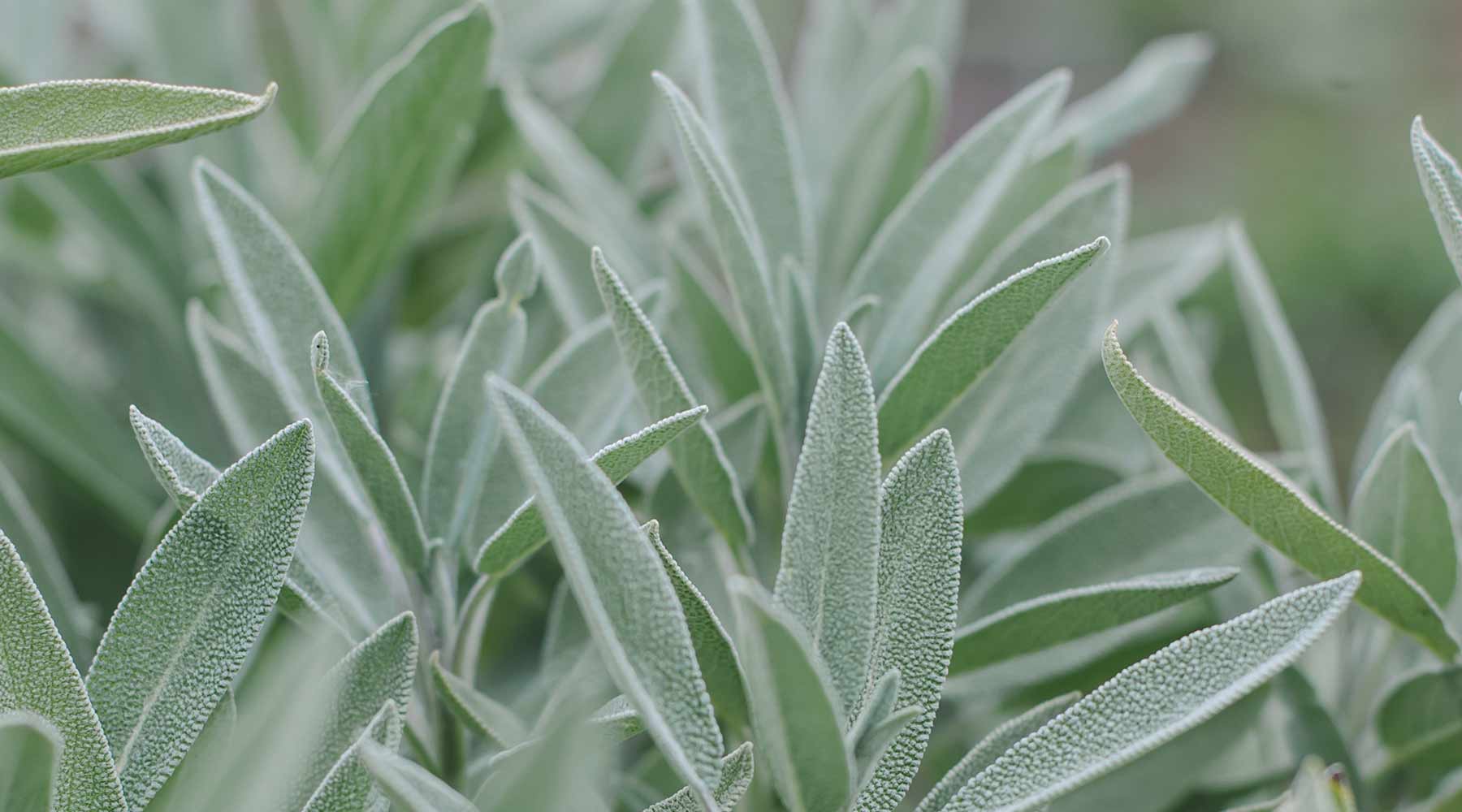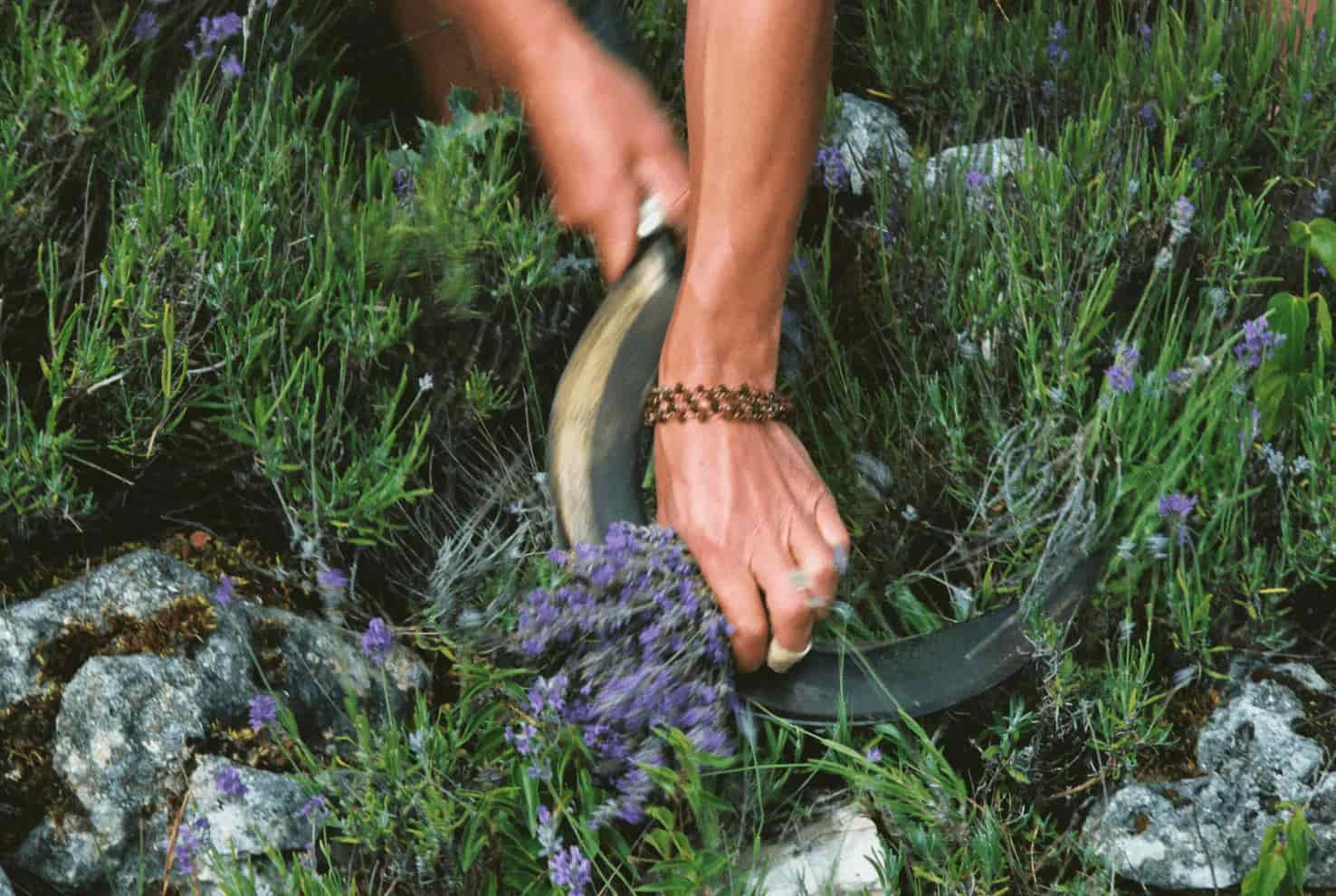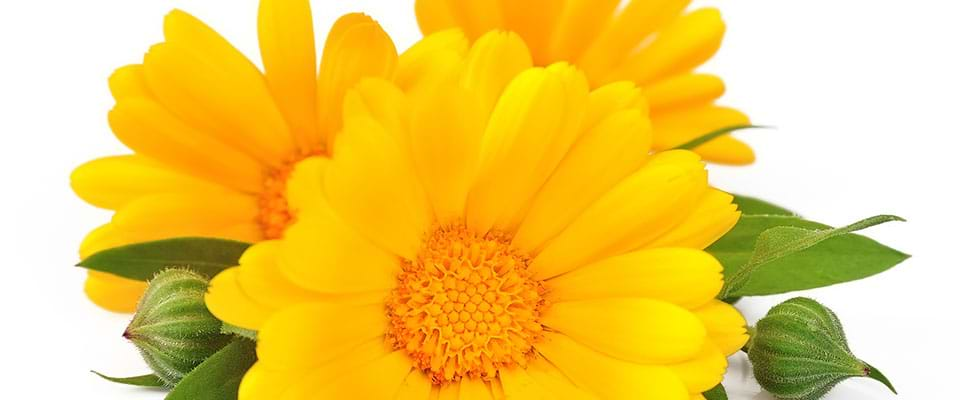
Five Drought-Resistant Herbs For Your Garden
Written by Amy JeanroyShare
With the super-powered winter over, it is only a few short months until the brutal heat of summer hits. This is our new "normal." The only thing we gardeners can do, is choose our plants accordingly. Luckily, there are many herbs that can tolerate moderate-to-severe drought conditions — and continue to grow very well. Here are five you can start with:
Borage
With edible flowers and delicious flavor, borage is a great choice for a drought garden. The cucumber-like taste of borage is welcome after a long day of working in the garden, and drinking water infused with borage actually helps you feel cool.
Mullein
Before you discount this useful wild herb, mullein has enough uses that it deserves a place in your drought garden. Remember the flowers only bloom the second year, but the leaves are also used in many herbal remedies and it's been my experience that the first-year leaves are best, so mullein will serve you well.
Calendula
There was a time when everyone seemed to talk about Calendula, associating it with its gentle, soothing properties. As with most resinous herbs, Calendula grows well in drought conditions. Grow it for its edible flower petals and of course dry plenty of them for salves and skin washes. Keep the flowers picked - no matter how dry. Calendula will continue to re-bloom throughout the hottest growing conditions.
Sage
Used for mouth and throat issues, sage will not only endure a drought, it seems to actually enjoy it! You will have plenty of harvest for the herbal medicine chest, and more for cooking. If you feel overwhelmed with more leaves than you can use, dip some fresh leaves in a light tempura batter and deep fry. So delicious!
Echinacea
You may notice that Echinacea seems to be popular in municipal garden design. Out west, you see it in many sidewalk gardens, because Echinacea doesn't mind drought. It's a hardy plant that continues to bloom throughout the heat of the summer. Although Echinacea should be divided every three years, if you have limited space, allowing the plants to be a little crowded will keep them from taking over the garden.
Related Videos
Amy Jeanroy is a garden writer living off the Bay of Fundy in Northern Maine. She harvests herbs from the forest and seaside whenever possible, and grows the rest in her gardens.
For educational purposes only. This information has not been evaluated by the Food and Drug Administration. This information is not intended to diagnose, treat, cure, or prevent any disease, or to sell any product.






